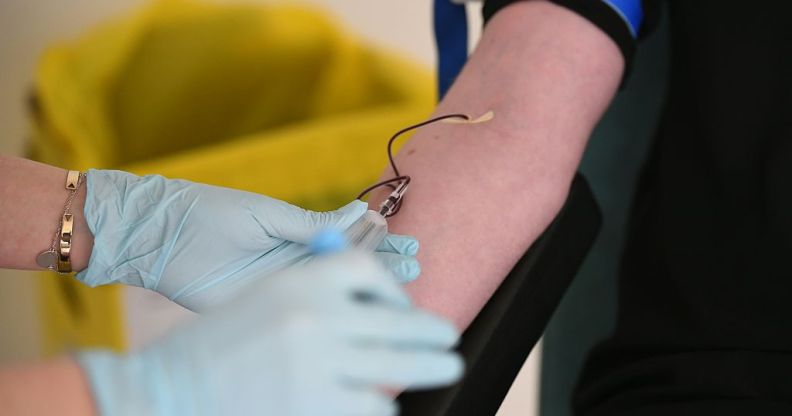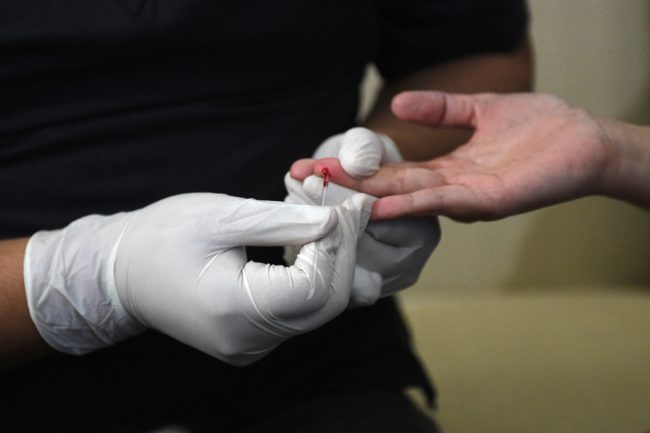What is a vampire facial? The beauty treatment linked to HIV infection

People who visited the spa are being asked to get tested for blood-borne infections (Getty)
Customers who received a “vampire facial” at a spa in Albuquerque in the US have been warned to get tested for HIV and other blood-borne infections such as hepatitis B.
Officials at the New Mexico Department of Health announced that a client at the VIP Spa developed an infection that may have resulted from the procedure.
Others who visited the beauty spa are also being advised to visit the state’s Midtown Public Health Office to receive tests for HIV, hepatitis B and hepatitis C.
“It is very important that anyone who received a vampire facial or other injection related service at the VIP Spa in May or June of 2018 come to the Midtown Public Health Office for free and confidential lab testing and counselling,” Lynn Gallagher, cabinet secretary for the New Mexico Department of Health, said in a statement.

The treatment can lead to blood-borne infections if not carried out properly (Creative Commons)
During an inspection, practices were identified at the spa that could potentially spread blood-borne infections to clients.
The spa was issued a cease and desist letter by the New Mexico Regulation and Licensing Department, Barbers and Cosmetologists Board and closed immediately.
What is a vampire facial?
A vampire facial, also known as a plasma-rich protein facial, is a cosmetic procedure in which blood is drawn from the person’s arm, before being centrifuged (spun around very quickly) to separate out the plasma and the platelets from the red blood cells.

A blood test for HIV (TED ALJIBE/AFP/Getty Images)
The plasma is then layered back onto the patient’s face, which is pricked with tiny needles to allow for better absorption. The procedure is supposed to stimulate collagen production in the face, which keeps the skin looking young.
Is a vampire facial safe?
The procedure is not usually dangerous if performed properly, but infection may be spread if the equipment is not sterilised properly or disposed of between facials, which can lead to cross-contamination of blood.
The jury is out on whether the procedure works or not. Speaking to the Telegraph, Miles Berry, a consultant plastic surgeon at Cosmetic Surgery Partners in London, said: “The procedure has a temporary effect through swelling, but there is as yet no scientific evidence of any long-term improvements to the skin.”

